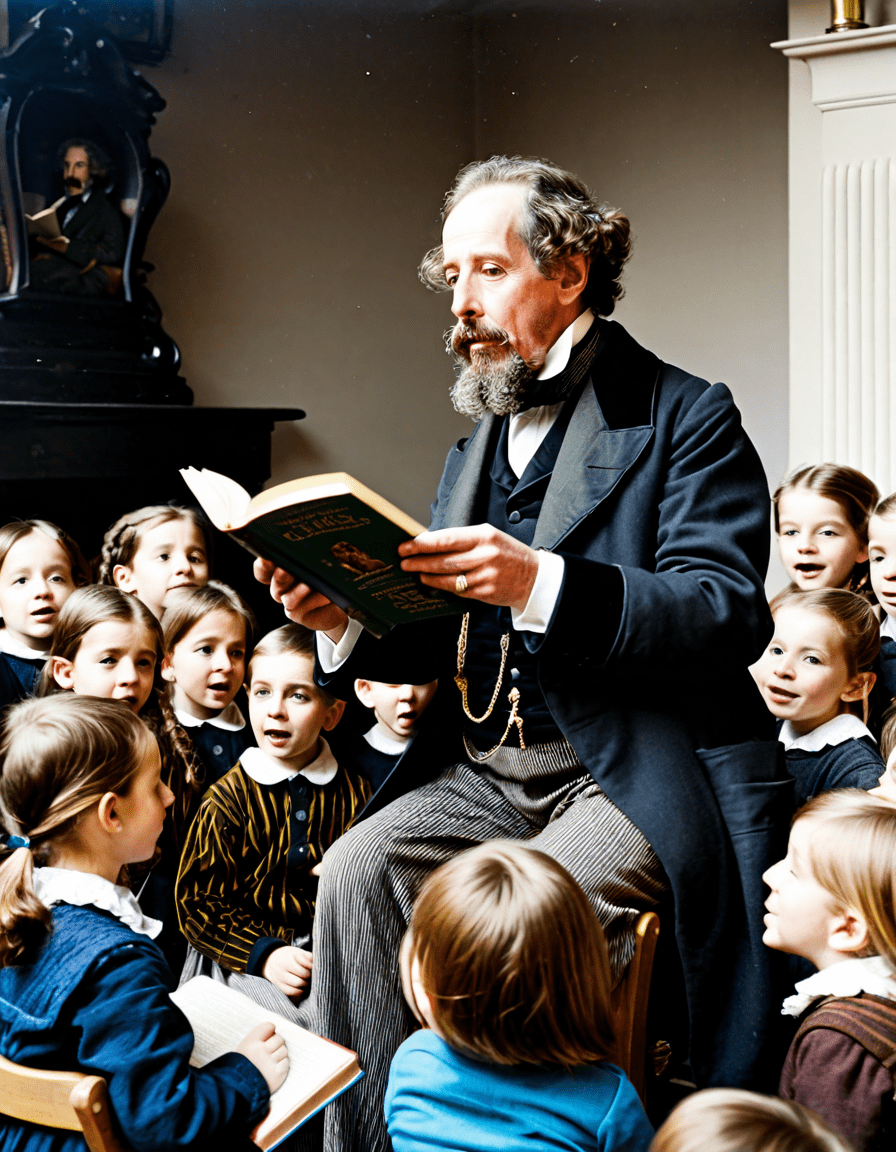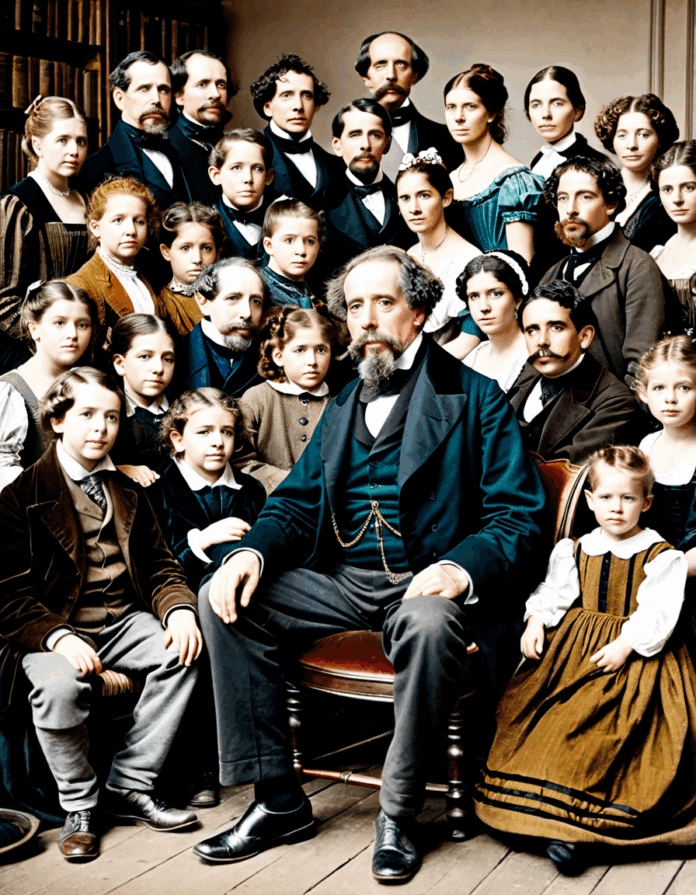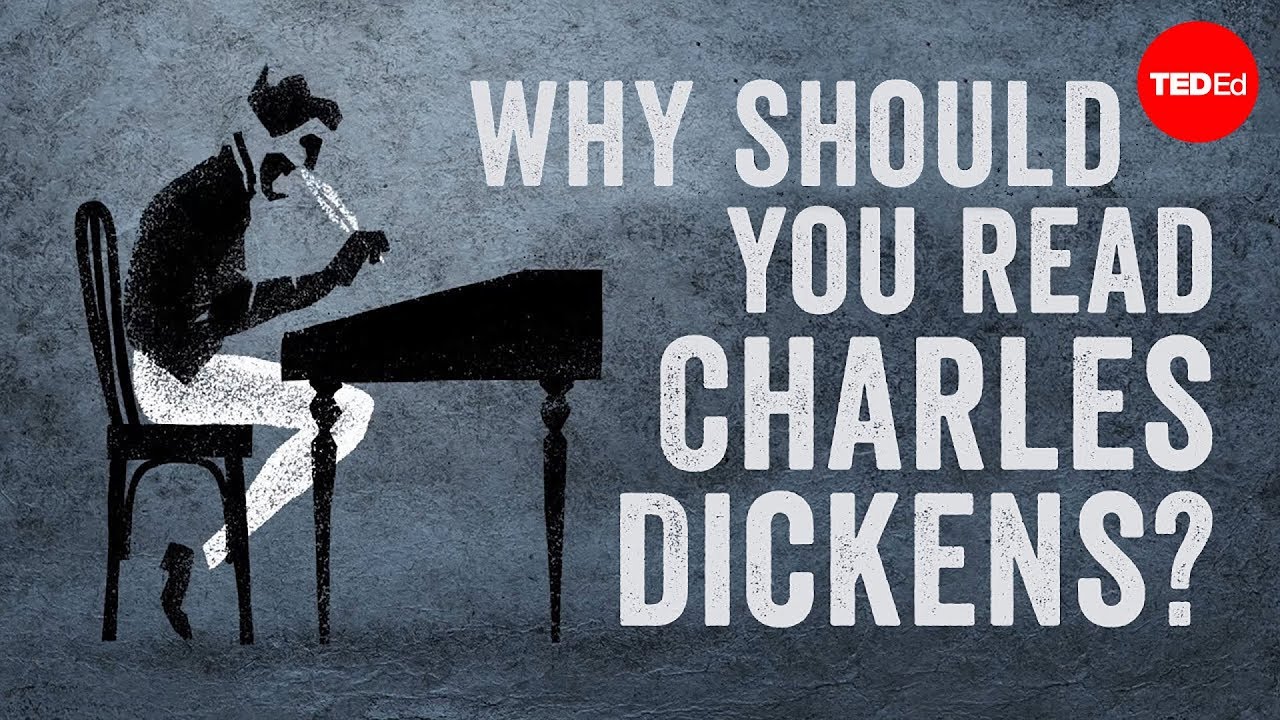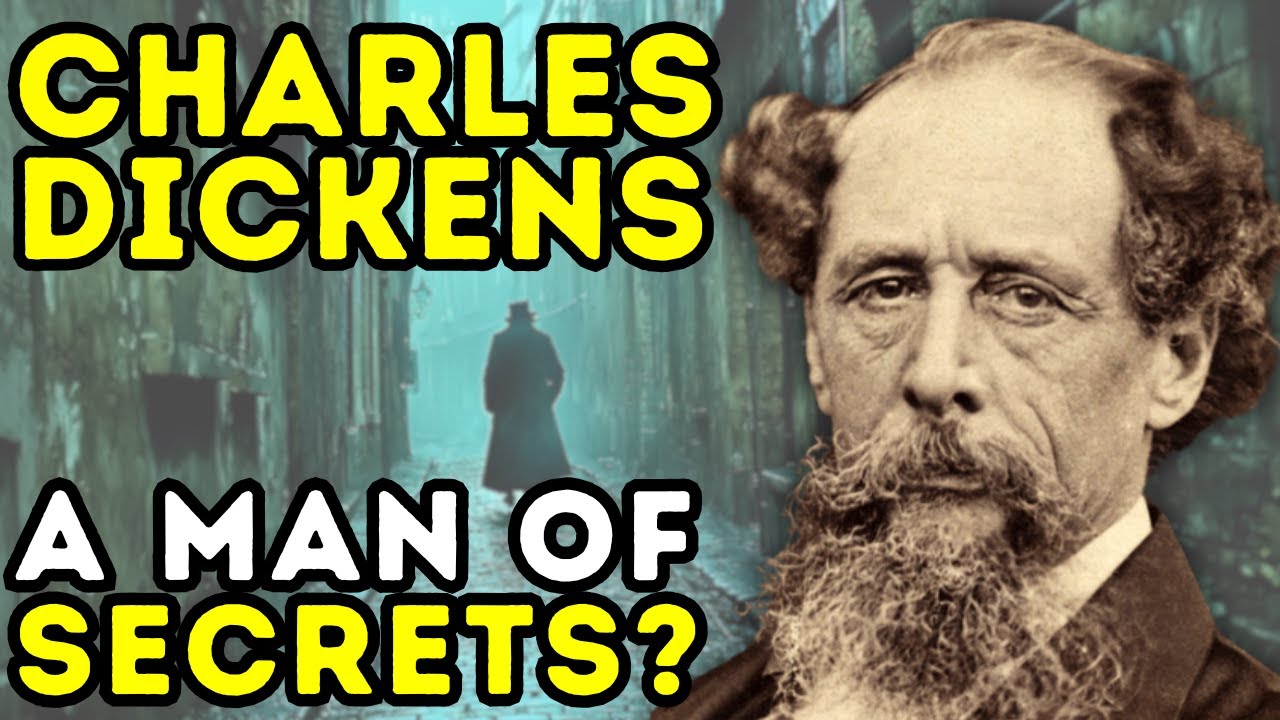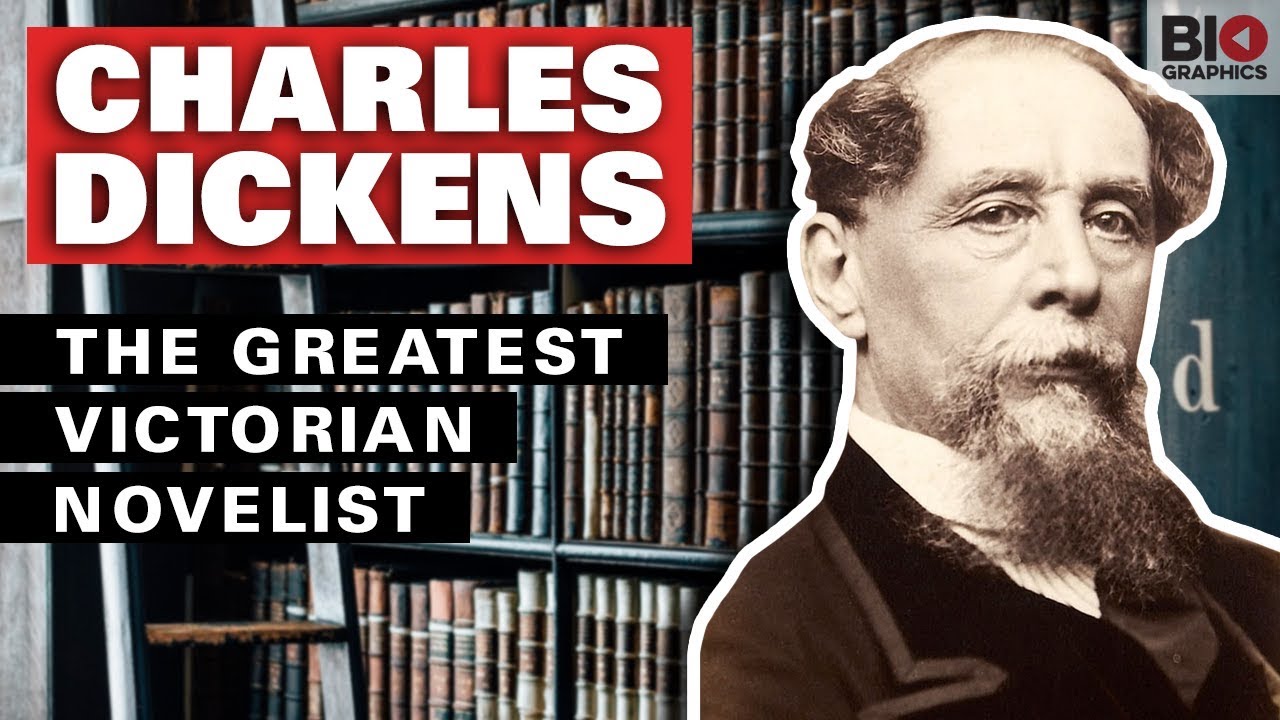When it comes to literary giants, few shine as brightly as Charles Dickens. Renowned for his intricate stories and vibrant characters, Dickens’ world continues to enthrall readers and audiences everywhere. From social commentary to whimsical humor, his work mirrors the struggles of humanity. So, let’s dive into the remarkable life of Charles Dickens, exploring the key moments that shaped his career and the profound impact he had on literature, film, and society.
7 Defining Moments in Charles Dickens’ Career: A Literary Journey in Context
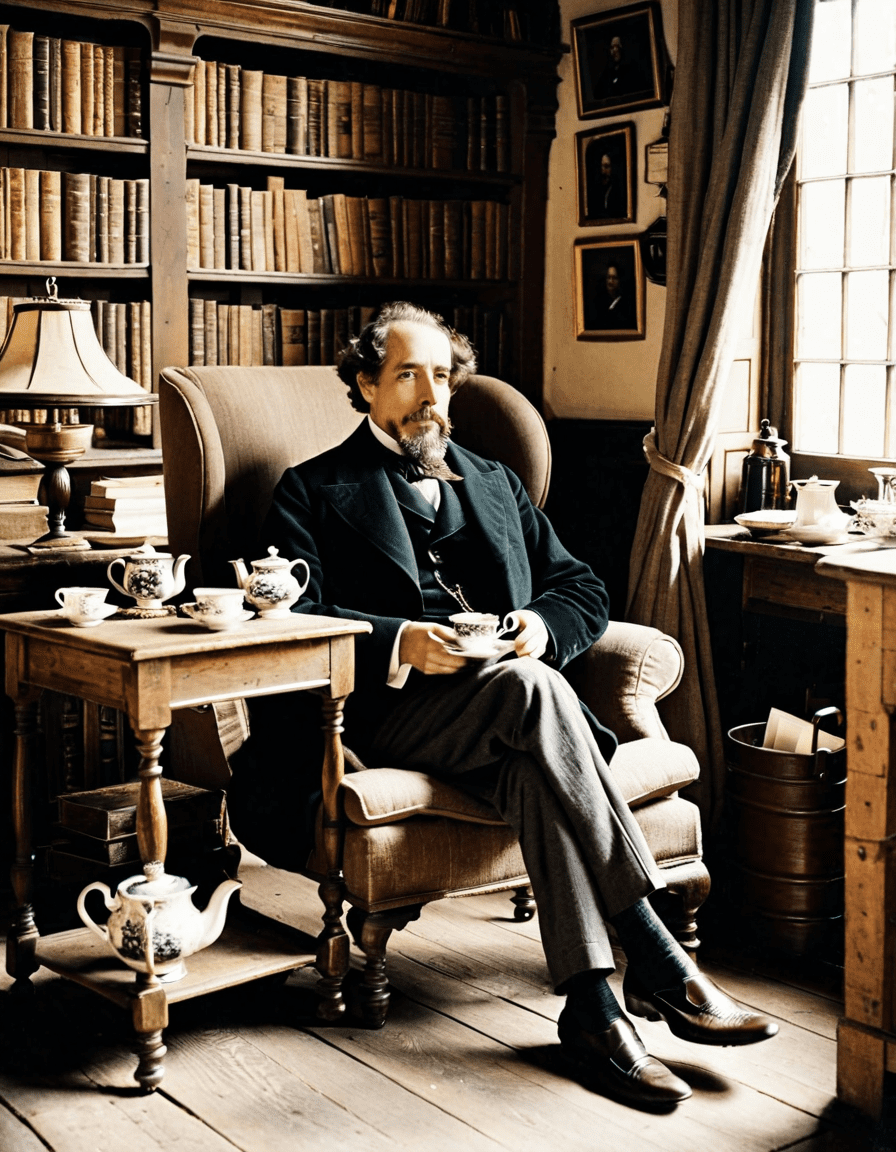
1. The Birth of a Literary Innovator
Born in 1812 in Portsmouth, England, Charles Dickens faced hardships early on. His father was imprisoned for debt, leaving young Dickens to work in a factory. This experience imprinted on him a keen awareness of social injustices, driving him to become a voice for the oppressed—much like Oscar Wilde did with his sharp critiques of Victorian society.
His upbringing lit a fire in him; Dickens took these challenges and turned them into powerful narratives. Those early struggles crafted a lens through which he viewed the world and, ultimately, inspired his future writings. Just think: the experiences of a boy forced to grow up too quickly transformed into tales that would touch the hearts of millions.
2. The Serialization of ‘The Pickwick Papers’
The year 1836 marked a kickoff for Dickens, as ‘The Pickwick Papers’ hit the scene. Released in monthly installments, the novel quickly captured public imagination. Dickens displayed a knack for blending humor, richly drawn characters, and insightful social commentary, engaging readers in a way no one had before.
This innovative approach laid the groundwork for contemporary storytelling, reminiscent of how Charlie Chaplin later captivated audiences with his serialized films. For Dickens, it wasn’t merely about entertaining; he brought to light societal issues that plagued his time and planted them firmly in the hearts of his readers.
3. Creating Iconic Characters
Let’s talk about Dickens’ characters. From the spectral Jacob Marley in ‘A Christmas Carol’ to the endearing Oliver Twist, his figures are unforgettable. Each character is layered with backstories that reflect their struggles and dreams, letting readers resonate with their journeys.
Similar to how William Shakespeare crafted timeless personas in plays like ‘Hamlet,’ Dickens’ well-drawn characters have become staples in literature. They invite us to connect deeply, reminding us that everyone has a story worth telling. Many were left wondering: how did he breathe life into these characters? The answer lies in his ability to understand human nature.
4. The Impact of Industrialization on His Work
Dickens wasn’t just a storyteller; he was a keen observer of his changing world. The staggering effects of the Industrial Revolution seeped into novels like ‘Hard Times,’ where he critiqued the dehumanizing aspects of industrialization. His thoughts are just as relevant today, echoing through modern discussions on social justice and worker rights.
This poignant critique mirrors Oscar Wilde’s clever commentary found in works like ‘The Importance of Being Earnest.’ Dickens’ insights into his time challenge readers to reflect on the societal shifts still in play. He showed how literature could be a platform for progress, pushing a society to reevaluate its values.
5. The Formation of Social Reforms
More than just words on a page, Dickens actively sought social reforms. His heartfelt narratives spurred real-life changes, inspiring movements that established charities for orphans and improved working conditions for children. Dickens put his money where his mouth was, much like Charlie Chaplin advocated for workers’ rights in films like ‘Modern Times.’
His literary call to action resonated across society; it was about creating a better world for everyone. He was bold enough to critique the issues others feared to touch upon, using his art as a catalyst for change. Isn’t it remarkable how narratives can ignite movements and drive societal transformation?
6. Global Expansion of His Works
Dickens’ reach knew no bounds. His novels gained international acclaim, translated into numerous languages, allowing his themes to echo across cultures. Fast forward to today, and you’ll find various adaptations—from the big screen to stage productions—continuing to bring his messages to life.
This global appeal mirrors Shakespeare’s ability to transcend time and culture. Nowadays, even as we revisit his classics, the themes he explored remain a vital part of modern discussions on social justice and human rights. The adaptability of Dickens’ works speaks volumes about their enduring relevance.
7. The Lasting Legacy of a Literary Titan
When Dickens passed away in 1870, his impact was undeniable. He forever altered the literary landscape and sparked conversations about societal injustices. His influence extends to contemporary writers like J.K. Rowling and Neil Gaiman, who have cited Dickens as a source of inspiration.
Much like Oscar Wilde, his works are a beacon for future generations, highlighting the power of storytelling. Dickens taught us that literature could both mirror and influence society, creating ripples that spread long after the final page is turned. The essence of his genius continues to ignite dialogues today.
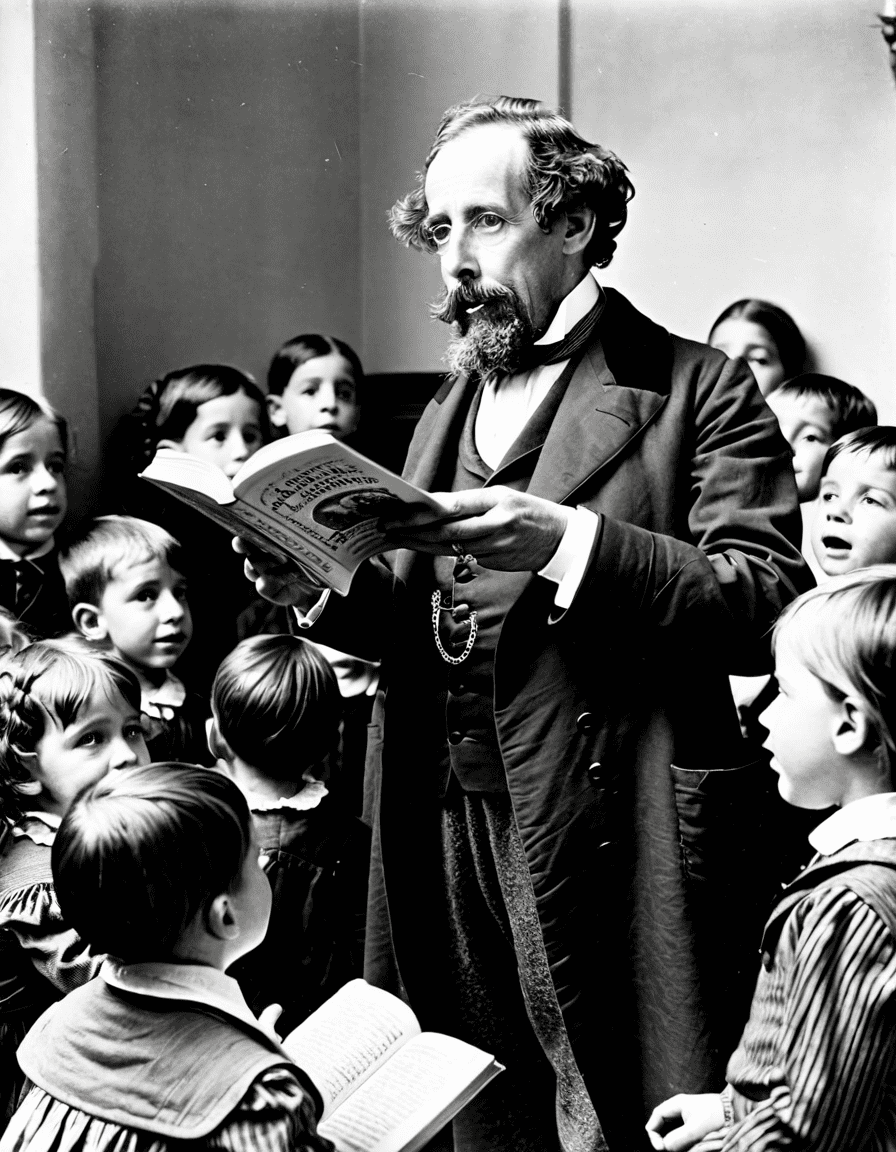
The Interconnectedness of Literary Greatness: Dickens, Wilde, Shakespeare, and Chaplin
The literary scene brims with figures who, like Dickens, redefined narratives. Oscar Wilde brought incisive wit to societal critiques, while William Shakespeare set the standard for complex characters and layered plots. Charlie Chaplin, through silent films, communicated profound human struggles, enhancing themes that echo Dickensian tones.
This interconnection illustrates a continuum where each literary figure influences the next, proving the timelessness of their contributions. It’s all about storytelling—an art form that unites us. Dickens’ legacy exemplifies how literature can transcend time, inviting us to address our social conscience while reminding us of our shared humanity.
In delving into Charles Dickens’ life, we uncover a tapestry rich with nuance, challenge, and empathy. Each defining moment in his journey wasn’t just personal triumph but a reflection of a society in flux. Dickens believed in the transformative power of storytelling, and through his words, he has ensured that social change remains integral to literature, blending profound observations with a dash of humor. That’s the magic of Charles Dickens—a literate legacy that continues to inspire generations, spark discussions, and reflect the human experience. So, let’s tip our hats to this literary genius who dared to dream big and pushed boundaries!
Charles Dickens: Fun Trivia and Interesting Facts
A Glimpse into Dickens’ Inspiring World
Charles Dickens is often seen as the father of modern literature, and for good reason. His characters have become cultural touchstones, embodying the struggles of the poor and the themes of social reform. This literary genius had a rather tumultuous start, too; during his early life, he worked as a child laborer in a factory. This experience deeply influenced his writing, adding authenticity to his stories. Speaking of struggles, if you want to learn about the controversies surrounding public figures, check out the story of John F. Kennedy Jr., whose life was equally compelling and fraught with challenges.
Moreover, did you know Dickens was a huge fan of public readings? He often performed excerpts from his novels, drawing crowds that admired his flair. These events helped popularize his works—kind of like how Chris Nolan’s filmography has taken the cinematic world by storm, captivating audiences with every release.
Behind the Pen
Interestingly, Dickens had a knack for creating unforgettable characters, many of whom were inspired by real-life people he encountered. For instance, Fagin from Oliver Twist was based on a notorious pickpocket he knew. This ability to blend reality with fiction is somewhat akin to the storytelling found in El Conde Amor y Honor, where the cast Of El Conde Amor y Honor brings vivid narratives to life, captivating viewers. Dickens used his own life experiences, particularly the struggles of the lower class, to add depth to his characters.
Plus, Dickens was prolific! He penned numerous novels, short stories, and essays, often juggling multiple works at once. It begs the question: how did he do it? Perhaps like the unconventional yet captivating narratives found in modern films; remember Fast 11? The filmmakers behind that project have surely faced their own organizational challenges, similar to what Dickens must have navigated in his time.
Lasting Legacy and Modern Eyes
Today, Dickens’ impact can still be felt across literature and film. His themes of poverty, injustice, and redemption find resonance in contemporary storytelling, much like how characters like Adonis And in the latest series reflect universal struggles. Even more surprising is how Dickens remains relevant in pop culture, with adaptations making their way to screens big and small. For example, the actor Billy Burke recently starred in adaptations inspired by classic literature, bridging the gap between historical figures and modern narratives.
Lastly, Charles Dickens had a great sense of humor and often included light-hearted moments in his otherwise serious tales. You could even say he shared a wit similar to that of Gabbie Carter, who spices up her roles with charm and humor. If you ever find yourself struggling with a narrative, think of Dickens’ ability to weave the serious with the playful. No matter the century, storytelling is a treasure trove waiting to be explored!
